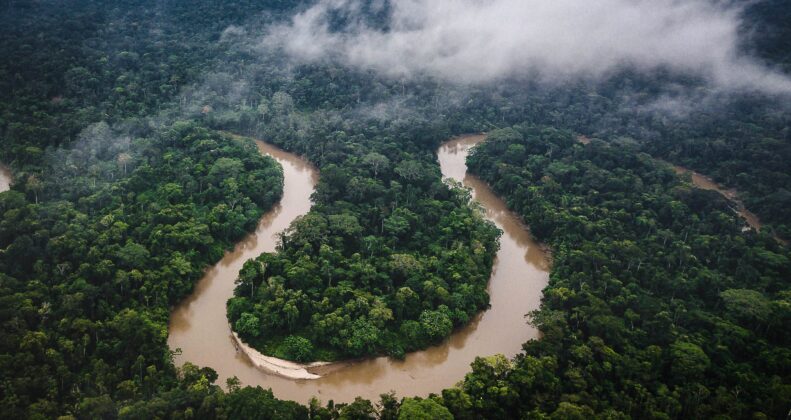The Special Political and Decolonisation Committee is among the General Assembly committees. It primarily focuses on political disputes and less serious conflicts, however, it can also tackle issues otherwise reserved for the Security Council. It can also act, as it is the case on this year’s GOMUN, as a forum for parties to an international treaty to resolve their misunderstandings outside of the General Assembly and yet within the United Nations.

TOPIC 1: Indigenous Land Rights and the Struggle for the Amazon
The Amazon Rainforest, often referred to as the “lungs of the Earth,” is home to numerous indigenous communities whose lands are under constant threat from deforestation, illegal mining, logging, and large-scale agricultural expansion. Despite the critical role these communities play in preserving the environment, their rights to land and resources remain vulnerable due to governmental policies, corporate interests, and external pressures. This topic will address the historical and ongoing struggle of indigenous peoples to secure land rights, with a specific focus on the Amazon, and discuss possible solutions to protect their cultural heritage, ensure environmental preservation, and prevent further human rights violations.

TOPIC 2: The Influence of Private Space Companies on Global Policy and Decision-Making
COUNTRY MATRIX:
Beginner: Venezuela, Norway, Bangladesh, Indonesia, Mexico, Australia, Chile
Intermediate: Bolivia, Colombia, Peru, Argentina, Germany, Ecuador, India
Advanced: USA, Russia, China, France, UK, Brazil, Canada
